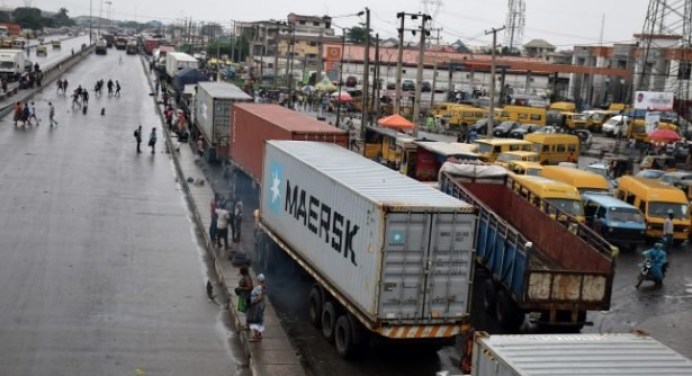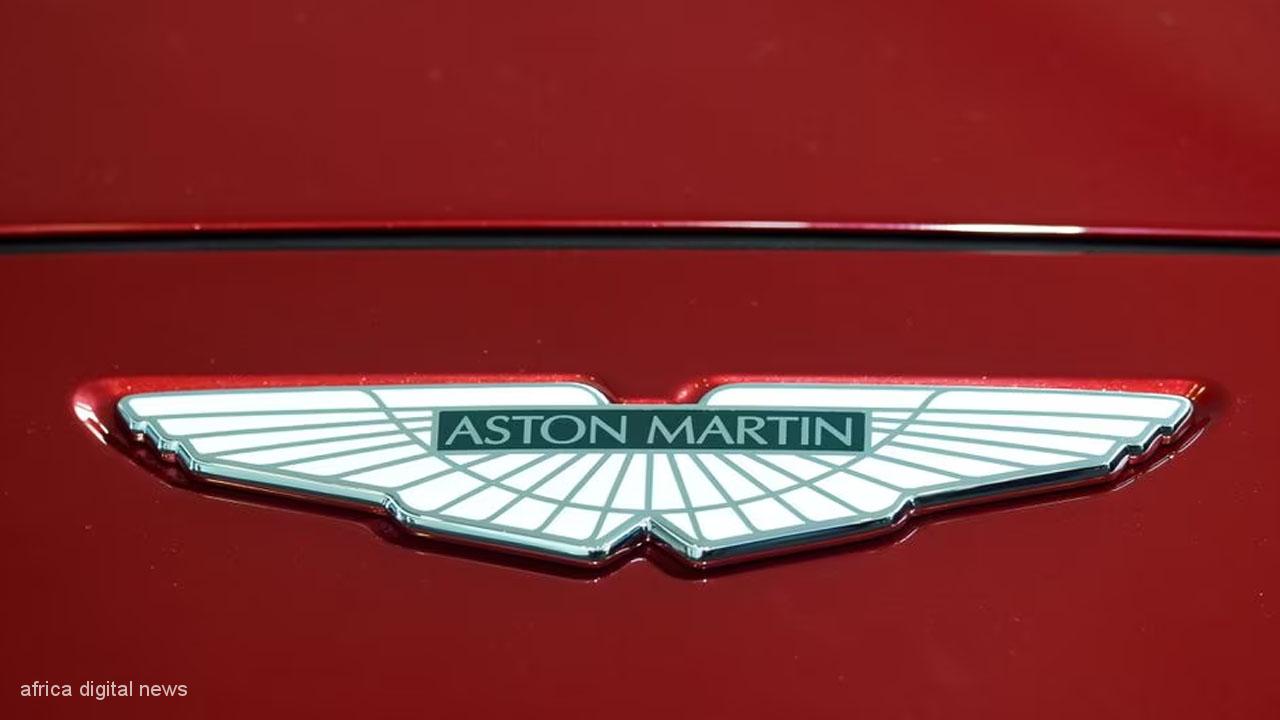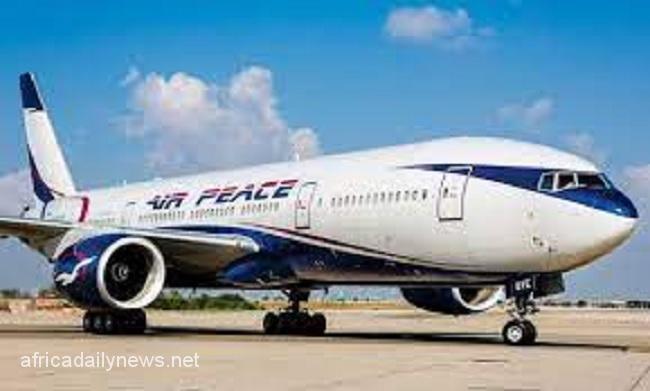Recent investigations have revealed that Nigeria is losing about ₦3.5 trillion annually as corporate revenue in the nation’s ports due to the inability of the Federal Government to deliver efficient port services in a safe, secure, and customer-friendly environment.
The inefficiency of the ports is creating bureaucratic bottlenecks and incessant delays and approximately 40 per cent of businesses located around the ports communities have either relocated to other areas, scaled-down operations or completely closed down.
The relocation and closure of businesses around the nation’s ports were attributed to the high cost of doing business, incessant gridlock that has been synonymous with the port operations over the years, and lack of modern port infrastructure, according to port users.
Speaking with correspondents, the Advisory Head/CEO, Kamany Marine Services Limited, Charles Okorefe, said a lot needs to be done in order to surmount the challenges bedevilling the nation’s maritime sector.
Read Also: Don’t Turn Nigeria To Sudan, Tinubu Warns Secessionists
According to him, everybody in Nigeria, whether operating in the port or not, is mindful and aware of what is going on in the maritime sector, adding that Nigerian ports are not competitive and questions should be asked why they are not competitive.
He said the exchange rate regime has been a major minus to the nation’s ports, he said as last week, the Naira official rate was ₦413 to ₦414 and that is the rate people expected to do business, to bring in goods and materials to sell and make profit.
He lamented that a lot of importers are deserting Nigerian ports because they cannot compete due to high foreign exchange.
He stated that Nigeria, to be precise, is not sending any positive signals to those who are interested in doing business here because of the foreign exchange regime that is just changing every day, adding that no one wants to do business in an unstable environment.
‘Take a look at the gridlock that has to continue to lock up Apapa. A port city up till now, no access roads and even rail access are absent. It is only recently that they are trying to link up the ports with the rails, which is not functioning yet. You discover that the vessel turnaround is very high and that does not augur well for the efficiency of any port. So these are major issues.
‘Then security issues, our waterways are not safe. Even to bring out cargo from the port is very difficult because there is no access for trucks to going in and come out and that has driven up the cost of haulage, which is a major component of port activities’.
AFRICA DAILY NEWS, NEW YORK










